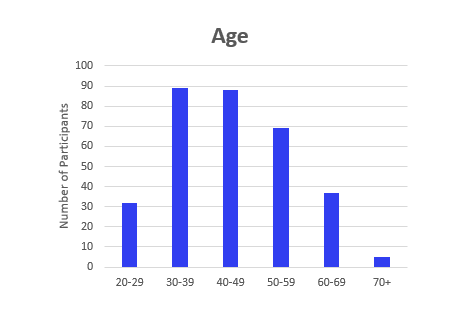Quality of Life
Quality of Life After Surgery for Lower Grade Gliomas
Authors: Anne E Heffernan, MPH, Yilun Wu, Luke S Benz, Roel G W Verhaak, PhD, Bethany M Kwan, PhD, MSPH, Elizabeth B Claus, MD, PhD
Background
Lower grade gliomas (LGGs) are brain tumors that typically occur in relatively young, otherwise healthy individuals. These persons are generally in the midst of going to school, building a career, starting a family or just trying to enjoy life!
Despite the importance of maintaining quality of life (QOL) in this population, few large-scale studies have focused on persons with LGG.
What is this study about?
This study measures symptoms and QOL for specifically in adults diagnosed with LGG overall and by treatment, tumor location, and time since diagnosis.
To better understand the unique needs of persons with LGG, we also compare QOL outcomes for these individuals to those of adults who do not have a brain tumor and adults with meningioma, a non-malignant brain tumor.
Who is in the study?
The data comes from 320 participants in the International Low Grade Glioma Registry. Comparison groups include participants in a large study that collected QOL data for persons with and without meningioma.
The average age of respondents is 45 years and 53% of participants are male. The majority of LGG participants were diagnosed with oligodendroglioma (47%), followed by astrocytoma (35%), and then mixed glioma (8.4%).
Almost 55% of respondents had received radiation and chemotherapy (primarily temozolomide), while 32.4% had received neither treatment. The average time from diagnosis to interview is 6.5 years.
What did we find?
Participants with LGG endorsed high rates of cognitive and physical symptoms, with the most commonly reported symptom being decreased sensation in face, arms, or legs (71.7%), followed by difficulty remembering new facts (63.8%), trouble thinking (60.1%), and difficulty getting words out (59.8%). Of note, 14.1% of LGG participants reported seizures in the 7 days prior to interview. LGG participants also reported significantly worse general health, vitality, emotional health, and mental health compared to persons with non-malignant brain tumors and healthy controls.
Why is this important?
Our findings highlight the unique challenges faced by people with LGG and the need to better acknowledge and manage symptoms for this relatively young population. We hope our research will help to guide the development of targeted rehabilitative treatments and supportive care for these individuals.
Interested in learning more?
You may contact glioma@yale.edu if you have questions or experience difficulty accessing the article.
QUALITY OF LIFE & GLIOMA
RESEARCH TEAM
-

Anne Heffernan, MPH
Brigham & Women’s Hospital
-

Yilun Wu
Yale School of Public Health
-

Luke Benz
Harvard University
-

Roel Verhaak
The Jackson Laboratory
-

Bethany Kwan, PhD
University of Colorado
-

Elizabeth Claus, MD, PhD
Yale School of Public Health; Brigham & Women’s Hospital







